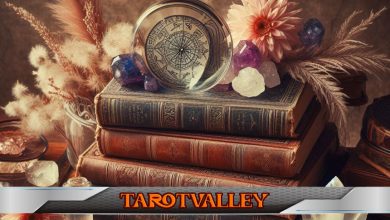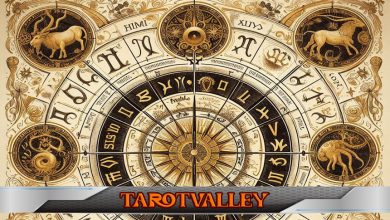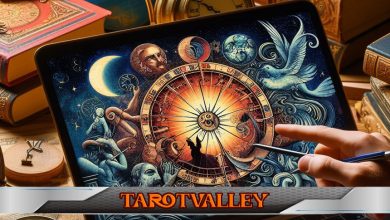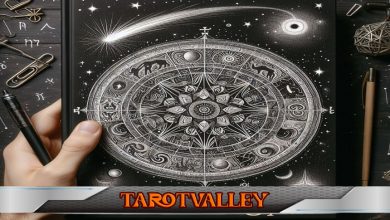Definition and basics of Astrology
Definition and Basics of Astrology: A Comprehensive Overview
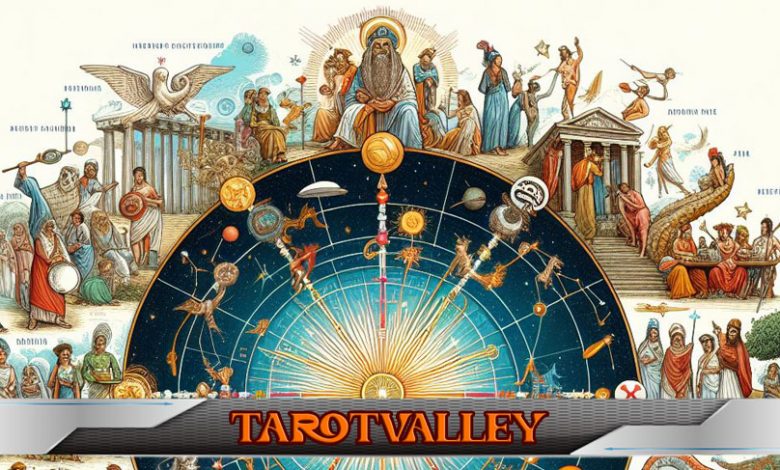
The Position of Astrology in Society
Astrology, the historical exercise of deciphering celestial moves and their effect on human affairs, has a rich and diverse history that spans millennia. From the early civilizations of Mesopotamia and Egypt to its revival at some point in the Renaissance and its modern-day manifestations, astrology has performed a good-sized function in shaping cultural beliefs, societal norms, and individual decisions. This newsletter delves into the historic origins of astrology, exploring its evolution across unique civilizations, its impact on historic occasions, and the controversies and criticisms that remain to surround this enigmatic exercise. Through analyzing the roots and improvement of astrology, we gain a deeper understanding of its enduring enchantment and relevance in the trendy world.
Introduction to astrology
Astrology is like a cosmic Tinder for the celebs, matching our earthly selves with the celestial bodies above. It’s the art of looking at the sky and wondering, “Hmm, what are the planets attempting to tell me today?” Whether you are a hardcore believer or a skeptical aspect-eye thrower, astrology has been a part of the human way of life for centuries, shaping beliefs, choices, and horoscope memes.
Definition and basics of astrology
Astrology is the OG persona check. By reading the positions and movements of celestial objects like planets and stars, astrologers agree that they could gain perceptions of human behavior, relationships, and occasions. Your zodiac signal is like your astrological fingerprint, guiding your traits, strengths, or even capability. So next time a person asks, “What is your signal?” they could just be seeking to see if you‘re compatible or preparing to give you their exceptional astrological recommendation.
The Role of Astrology in Society
Astrology isn’t pretty much predicting your daily horoscope or snatching up astrology-themed merchandise (although, who does not love an awesome zodiac mug?). At some stage in history, astrology has motivated everything from politics to medicine, guiding decisions and shaping beliefs. It’s been both a guiding light and an arguable subject, with skeptics and lovers debating its effect on society. But one aspect‘s positive: astrology has left its mark on human subculture and continues to spark curiosity and communication.
Historic Civilizations and Astrology
Ever wonder what the historic Mesopotamians and Egyptians had been up to, even as they were constructing pyramids and writing on clay drugs? As it turns out, they were also busy studying the stars and connecting them to earthly activities. From Mesopotamian astrologers mapping out planetary moves to Egyptian monks using astrology for predictions, historic civilizations had a cosmic connection that fashioned their beliefs and practices.
Mesopotamian Contributions to Astrology
The Mesopotamians have been the OG astrologers, growing one of the earliest regarded astrological structures. They tracked the motion of celestial bodies and believed that these actions prompted activities on this planet. From predicting the harvest to advising rulers on conflict techniques, Mesopotamian astrologers were authentic cosmic specialists.
Egyptian influence on Astrological practices
The ancient Egyptians weren’t simply constructing pyramids and mummifying cats; they had additionally explored the paranormal world of astrology. Egyptian monks studied the celebs, linking celestial moves with earthly occasions like floods and famine. They believed that the positions of the planets might want to screen divine messages and guide critical selections. So next time you respect a pyramid, remember that astrology played a role in shaping historic Egyptian ideals and practices.
Early developments in Astrological practices
Fast ahead to the Greek, Roman, Chinese, and Indian civilizations, and astrology has nonetheless become all the rage. From Greek philosophers considering the stars to Chinese language scholars mapping out celestial patterns, astrology continued to conform to and affect exclusive cultures. Each civilization brought its spin to astrological practices, enriching the cosmic tapestry of ideals and traditions.
Greek and Roman Astrology
The Greeks and Romans took astrology to the next stage, mixing celestial observations with philosophical insights. Greek philosophers like Plato and Aristotle contemplated the connection between celebrities and human destiny, even as Roman astrologers suggested emperors on topics of country. Astrology in ancient Greece and Rome wasn’t just about predicting destiny; it was about exploring the cosmic mysteries that fashioned human lifestyles.
Chinese language and Indian Astrology traditions
Over in the East, Chinese and Indian civilizations were additionally busy exploring the wonders of astrology. Chinese astrologers developed a complex machine of zodiac symptoms based on the lunar calendar, linking each signal to particular character traits and existence paths. Meanwhile, Indian astrologers delved into the birth chart, known as the Kundli, to anticipate future occasions and make important decisions. Each tradition brought a unique perspective to astrology, adding various flavors to the cosmic buffet of ideals.
Impact of Astrology on Historic Activities
Astrology wasn’t just a cosmic interest; it also had a hand in shaping historical events and selections. From historic wars to royal court intrigue, astrology played a role in guiding techniques and advising rulers. Whether it was predicting the outcome of battles or choosing auspicious dates for ceremonies, astrology had a seat at the desk of historic activities, influencing decisions and shaping destinies.
Astrology in Ancient Wars and Conflicts
Consider making plans for a military campaign based on the placement of the planets—it truly is precisely what ancient rulers did while looking for astrological guidance for wars and conflicts. From Julius Caesar consulting astrologers before battles to Chinese language generals using astrology to strategize against enemies, the cosmic effect of struggle turned into reality. Astrology wasn’t just about predicting battles; it was also about guiding military decisions and searching for areas of conflict.
Royal Patronage and Astrological Advisors
Kings, queens, and emperors did not just depend on their royal advisors; additionally, they had astrologers in their internal circles. Throughout records, rulers sought astrological guidance for the entirety, from selecting auspicious dates for coronations to predicting the outcome of political decisions. Astrologers weren’t simply stargazers; they were trusted advisors who helped form the path of ancient events via their cosmic insights.
Astrology in Medieval instances
Position of Astrology in Medieval Society
In medieval instances, astrology played a crucial role in shaping societal beliefs and selections. Human beings often turned to astrologers for guidance on topics ranging from agriculture to politics, believing that celestial actions encouraged earthly activities.
Astrology and spiritual institutions
Despite dealing with occasional competition from non-secular governments, astrology was broadly practiced inside medieval religious establishments. Monarchs and church leaders consulted astrologers to make strategic selections, and many cathedrals featured complex astronomical symbolism in their architecture.
Revival of Astrology within the Renaissance
The Renaissance students and Astrology
During the Renaissance, students like Johannes Kepler and Galileo Galilei actively studied astrology alongside their clinical pursuits. They believed in the interconnectedness of the cosmos and noticed astrology as a way to apprehend the mysteries of the universe.
Astrology’s Integration with science and arts
In the Renaissance, astrology underwent a revival because it became intertwined with improvements in technological know-how and art. Artists incorporated astrological symbolism into their paintings, and scientists explored the idea of planetary impacts on human conduct.
current Astrology Practices
Evolution of Astrology within the Present-day Era
In the modern-day generation, astrology has developed from a niche exercise to a mainstream phenomenon. With the upward push of social media and online platforms, astrology has become more available than ever, attracting a diverse audience seeking guidance and self-discovery.
Famous astronomical structures and techniques
Contemporary astrology encompasses a variety of structures and strategies, from Western tropical astrology to Vedic astrology. Practices like beginning chart readings, horoscope predictions, and compatibility analysis have gained a reputation for providing people with insights into their personalities and relationships.
Controversies and Criticisms of Astrology
Clinical and Skeptical views
Astrology has long been a subject of skepticism and criticism within the scientific community. Critics argue that astrology lacks empirical proof and clinical validity, dismissing it as pseudoscience based on previous ideals and anecdotal stories.
Ethical Debates Surrounding Astronomical Readings
Ethical debates surrounding astrology frequently center on issues of manipulation and dependency. Critics caution against overly counting on astrological readings for predominant lifestyle choices, warning of the potential damage that could arise from relinquishing non-public corporations to external predictions. In conclusion, the ancient origins of astrology offer fascinating insights into the interconnectedness of humanity with the cosmos. As we reflect on the evolution of astrological practices from ancient instances to the modern, we recognize the enduring attraction and controversy surrounding this age-vintage subculture. Whether viewed as a guiding force or disregarded as mere superstition, astrology continues to captivate minds and spark debates, underscoring its enduring impact on subculture, society, and individual beliefs. By exploring its ancient roots, we gain a greater appreciation for the function astrology has performed in shaping human experiences and expertise in our area within the significant expanse of the universe.
Frequently requested questions about the ancient Origins of astronomy
